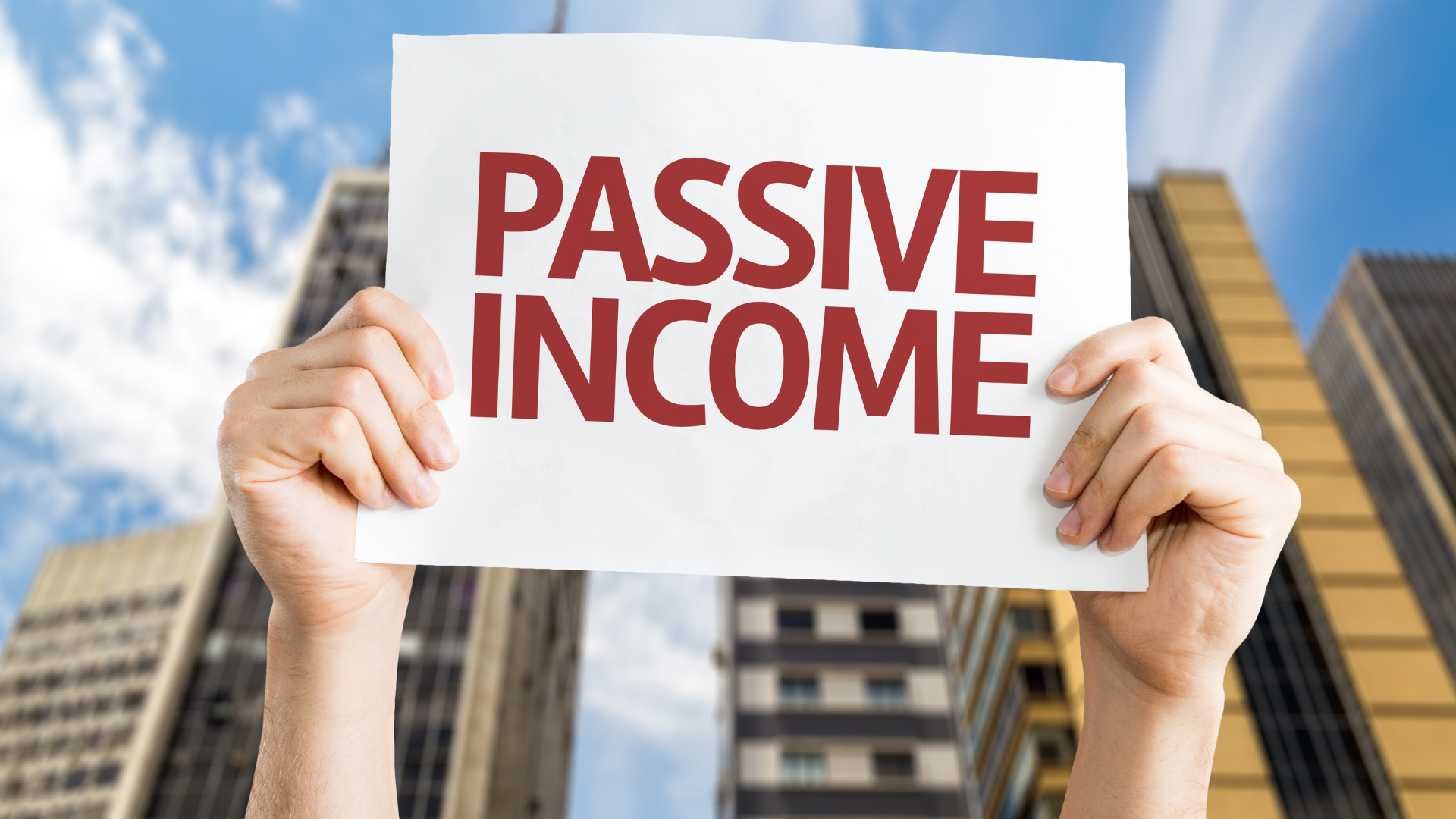Maximizing Tax Advantages in Multifamily Real Estate Investment
|
January 29, 2024
|
Introduction:
Investing in multifamily real estate is a proven way to generate stable returns, free from the rollercoaster ride of the stock market. However, what often goes unnoticed is the substantial tax benefits that come with it, allowing investors to fine-tune their financial strategies and achieve even greater returns, which may not be immediately evident through conventional metrics like Average Annualized Returns (AAR) and cash-on-cash calculations. Let’s explore some of the tax advantages that can significantly boost your returns when you invest in multifamily properties.
1. Operating Expense Deductions
Multifamily investments typically operate under various business structures, such as partnerships, LLCs, or corporations. This organizational flexibility opens the door to a range of operating expense deductions. These expenses can encompass property management fees, utilities, insurance, property taxes, marketing costs, regular maintenance, and even employee-related expenses. By deducting these expenses from your rental income, you establish a net operating income that’s critical for tax purposes.
2. Capital Expenses and Depreciation
Capital expenses, which cover one-time costs for significant repairs or renovations, are a substantial tax benefit. This could include replacing major systems like HVAC, roof repairs, painting, or upgrading individual units. The IRS has a predefined depreciation schedule for capital expenses, allowing you to deduct these costs gradually over the improvement’s useful life.
However, many projects qualify for accelerated depreciation through the Section 179 deduction. This deduction allows you to deduct the entire expense in the year the business incurs it, providing a substantial upfront tax benefit.
General Depreciation is another valuable tool. It allows you to recover the property’s cost over time by deducting a portion of its value each year. Real estate typically depreciates over 27.5 years (excluding the land value), reducing your annual tax liability without affecting your available cash.
Bonus depreciation is an even more accelerated form of depreciation, often achievable through cost segregation studies. This is particularly advantageous because most real estate investors don’t hold assets for the full 27.5-year term. Up until 2026, you can potentially qualify for significant bonus depreciation on real estate purchases, potentially reducing your taxable income substantially.
3. Passive Income Benefit

Rental income from multifamily properties is categorized as passive income. This classification allows you to offset losses from other passive investments, potentially reducing your overall tax liability. It provides a way to make your multifamily investment work synergistically with other investments in your portfolio.
4. 1031 Exchanges (for US Investors)
Another powerful tax strategy is the 1031 exchange. This allows you to defer capital gains taxes as long as you reinvest the proceeds into another qualified investment property. By continuously rolling over your gains through 1031 exchanges, you can preserve and grow your wealth while deferring taxes indefinitely.
5. Tax Credits
Qualifying for tax credits can further reduce your tax liability. In the realm of multifamily housing, two main tax credits are applicable: the home energy tax credit and the low-income housing tax credit. Adding energy-efficient features like solar panels, energy-efficient HVAC systems, or water heaters to your multifamily property may make you eligible for these credits. Additionally, renovating multifamily complexes into affordable housing units may also qualify for the low-income housing tax credit, provided that at least 20% of the units are occupied by tenants with incomes at or below 50% of the median income in the area based on family size.
In conclusion, multifamily real estate investment offers a unique blend of income potential and tax savings. By strategically navigating deductible expenses, leveraging depreciation to reduce your tax liability, exploring tax credits, and making use of tax-advantaged accounts, you can optimize your tax position and build a more resilient and profitable real estate portfolio. These tax advantages can make multifamily investing even more rewarding and financially advantageous in the long run.
Interested in learning more about Multifamily Apartment Investing? Download our FREE E-book – The Full Out Apartment Investor
Ready to connect?
Book a call with our investor relations team today to learn more about current investment opportunities.
Have a question?
Please use the form below to contact us. We will never spam you, or sell your email to third parties.



